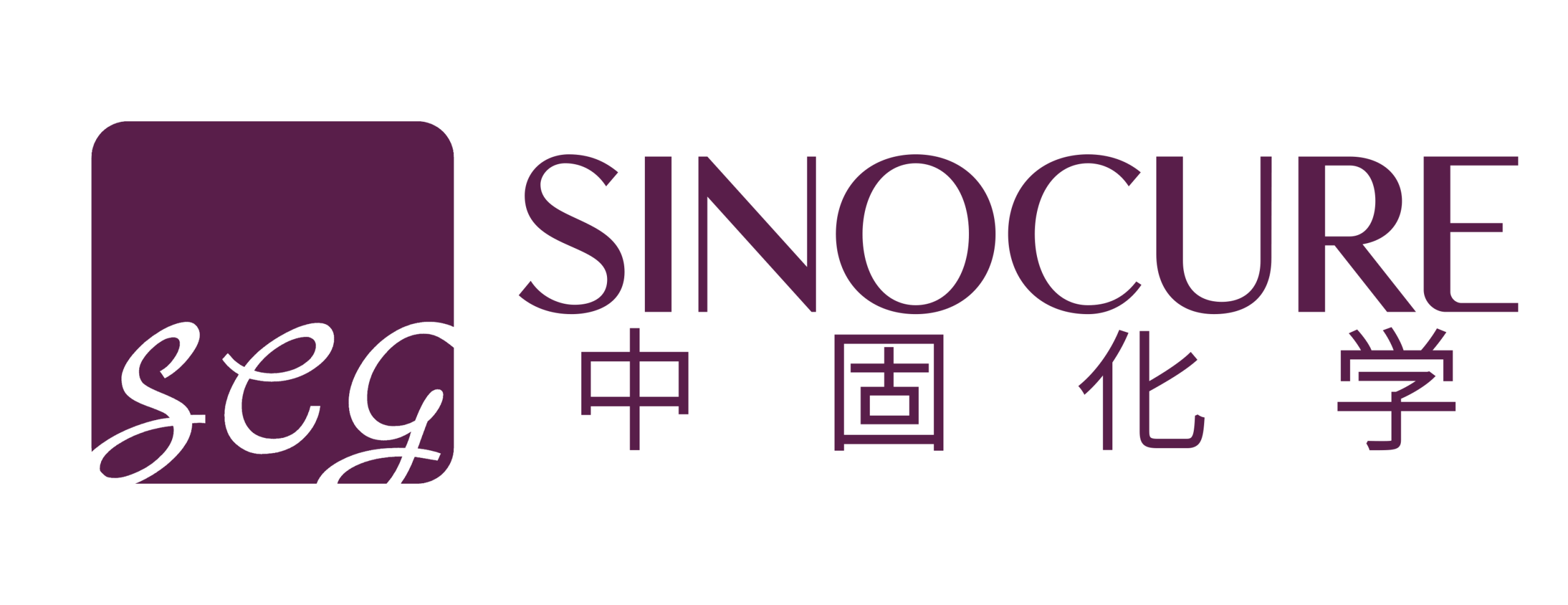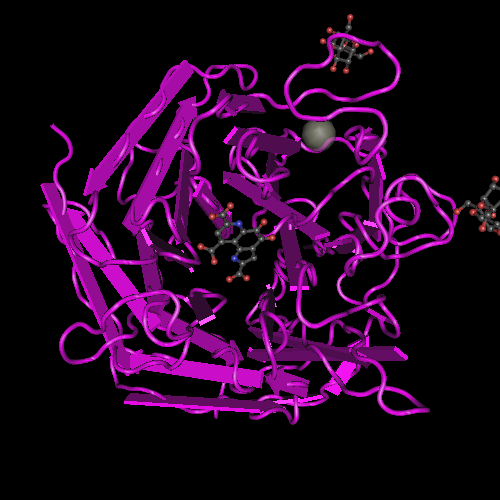Pyrroloquinoline quinone, commonly known as PQQ, is a remarkable biochemical compound that has garnered significant attention in pharmaceutical and nutritional research. With the CAS number 122628-50-6, this unique cofactor plays crucial roles in cellular energy production and serves as an essential component in various enzymatic reactions throughout the human body.
PQQ is naturally found in prokaryotes, plants, and mammals, making it a ubiquitous compound in biological systems. As a cofactor, pyrroloquinoline quinone facilitates critical biochemical processes by transferring electrons, protons, and chemical groups during enzymatic reactions. Its widespread presence and functional importance have positioned PQQ as a compound of significant therapeutic interest, particularly for heart disease management, neurological disorders, liver protection, and mitochondrial function maintenance.
Chemical Properties of Pyrroloquinoline Quinone
Pyrroloquinoline quinone exhibits distinctive chemical characteristics that contribute to its biological activity. The compound features a tricyclic structure with multiple functional groups, including quinone and carboxylic acid moieties. This unique molecular architecture enables PQQ to participate in redox reactions effectively.
The compound typically appears as a reddish-brown crystalline powder with good water solubility, making it suitable for various pharmaceutical formulations. PQQ demonstrates stability under normal storage conditions but can be sensitive to extreme pH levels and prolonged exposure to light. Its redox-active properties are central to its biological functions, allowing it to cycle between oxidized and reduced states during cellular processes.
Uses and Applications of Pyrroloquinoline Quinone (122628-50-6)
The therapeutic applications of pyrroloquinoline quinone span multiple medical areas, reflecting its diverse biological activities. In cardiovascular medicine, PQQ shows promise for supporting heart health through its protective effects on cardiac muscle cells and its role in maintaining optimal mitochondrial function within heart tissue.
Neurological applications represent another significant area where PQQ demonstrates therapeutic potential. Research indicates that pyrroloquinoline quinone may help protect nerve cells from oxidative damage and support cognitive function, making it valuable for addressing various neurological disorders and age-related cognitive decline.
Additionally, PQQ finds applications in hepatic protection, where it may help safeguard liver cells from damage caused by toxins and oxidative stress. The compound’s ability to stimulate microorganism growth and plant development also extends its utility beyond human health applications.
Benefits of Pyrroloquinoline Quinone in Pharmaceutical Applications
The pharmaceutical benefits of pyrroloquinoline quinone stem from its fundamental role in cellular energy metabolism. By supporting mitochondrial function, PQQ helps maintain optimal cellular energy production, which is crucial for overall health and vitality.
Key benefits include:
Mitochondrial support: PQQ promotes the generation of new mitochondria and enhances existing mitochondrial efficiency
Antioxidant protection: The compound helps neutralize harmful free radicals that can damage cellular structures
Cognitive enhancement: Research suggests PQQ may support memory, focus, and overall brain function
Cardiovascular protection: Studies indicate potential benefits for heart health and circulation
Cellular regeneration: PQQ may promote healthy cellular repair and renewal processes
These benefits make pyrroloquinoline quinone particularly valuable for individuals seeking to maintain optimal health as they age, as well as those with specific health concerns related to energy metabolism and cellular function.
Safety Profile: Understanding Side Effects and Precautions for Pyrroloquinoline Quinone
Pyrroloquinoline quinone generally demonstrates a favorable safety profile when used appropriately. Most individuals tolerate PQQ supplementation well, with minimal reported adverse effects in clinical studies.
Potential side effects may include:
Mild digestive discomfort in sensitive individuals
Headache (rare)
Fatigue or drowsiness (uncommon)
Sleep disturbances if taken late in the day
Important precautions:
Pregnant and breastfeeding women should avoid PQQ supplementation due to insufficient safety data
Individuals with bleeding disorders should consult healthcare providers before use
Those taking blood-thinning medications should monitor for potential interactions
People with chronic medical conditions should discuss PQQ use with their healthcare team
Always start with lower doses to assess individual tolerance and discontinue use if adverse effects occur.
How Pyrroloquinoline Quinone is Manufactured
The manufacturing of pyrroloquinoline quinone involves sophisticated biochemical processes designed to produce high-purity compounds suitable for pharmaceutical applications. Commercial PQQ production typically utilizes microbial fermentation methods, leveraging specific bacterial strains capable of producing the compound naturally.
The manufacturing process begins with the cultivation of selected microorganisms under controlled conditions that optimize PQQ production. These bacteria are grown in specialized fermentation vessels with carefully monitored temperature, pH, and nutrient levels. Following fermentation, the PQQ is extracted and purified through multiple filtration and purification steps to achieve pharmaceutical-grade quality.
Quality control measures throughout manufacturing ensure consistent potency and purity, with rigorous testing to verify the absence of contaminants and confirm the compound’s identity and concentration.
Frequently Asked Questions (FAQ) about Pyrroloquinoline Quinone
Q: Is pyrroloquinoline quinone safe during pregnancy? A: PQQ supplementation is not recommended during pregnancy or breastfeeding due to insufficient safety data for these populations.
Q: How long does PQQ stay in your system? A: Research suggests PQQ has a relatively short half-life in the body, typically being metabolized and eliminated within 24-48 hours of consumption.
Q: What is the recommended dosage for PQQ? A: Typical dosages range from 10-40mg daily, though individual needs may vary. Consult with a healthcare provider for personalized recommendations.
Q: Can PQQ interact with medications? A: While interactions are rare, PQQ may potentially affect blood clotting, so individuals taking anticoagulant medications should consult their healthcare provider.
Q: When is the best time to take pyrroloquinoline quinone? A: PQQ is typically best taken with meals to enhance absorption and reduce potential digestive discomfort.
- +86 13345119692
- +86 15550440621
- pharm@sinocurechem.com

